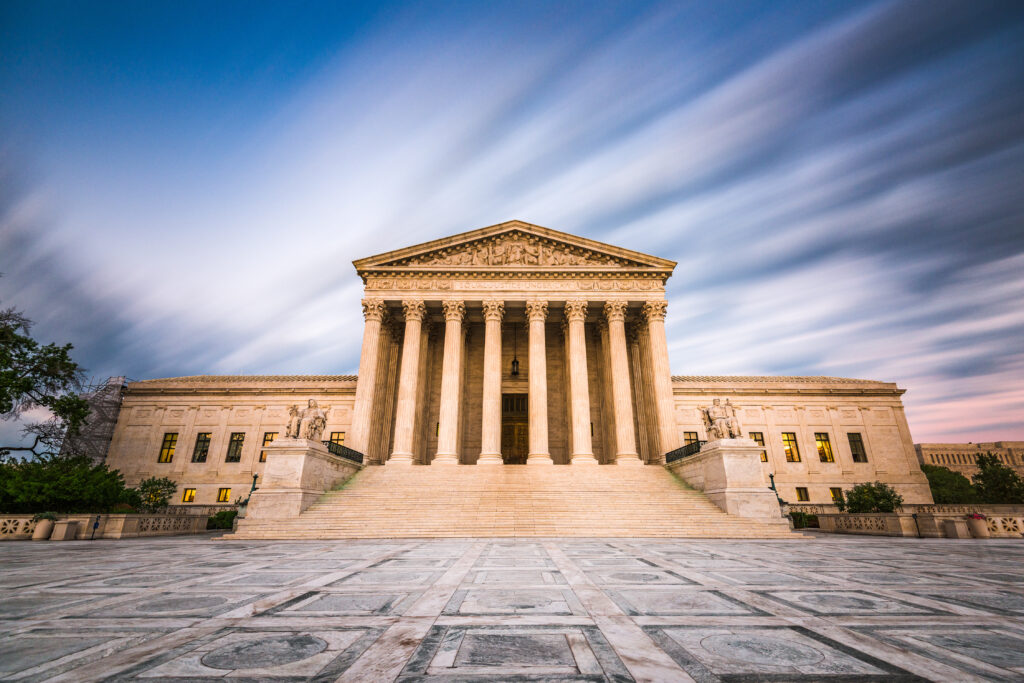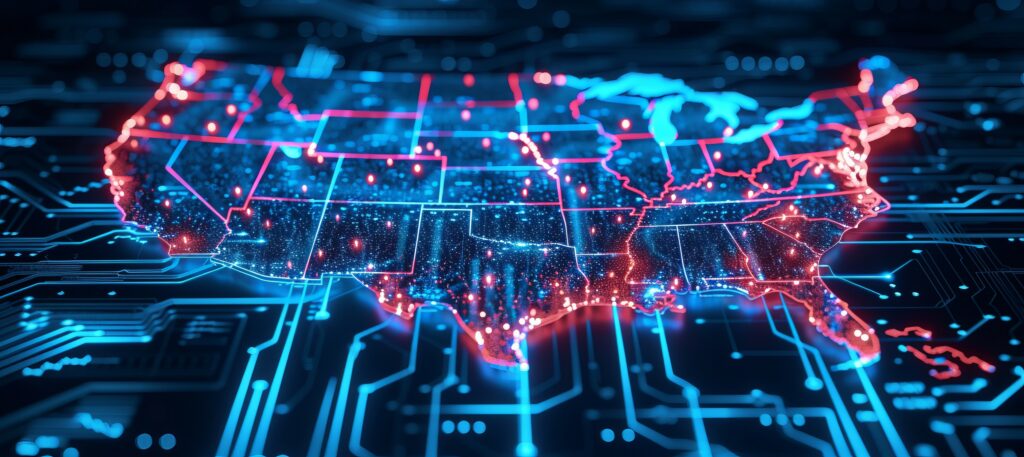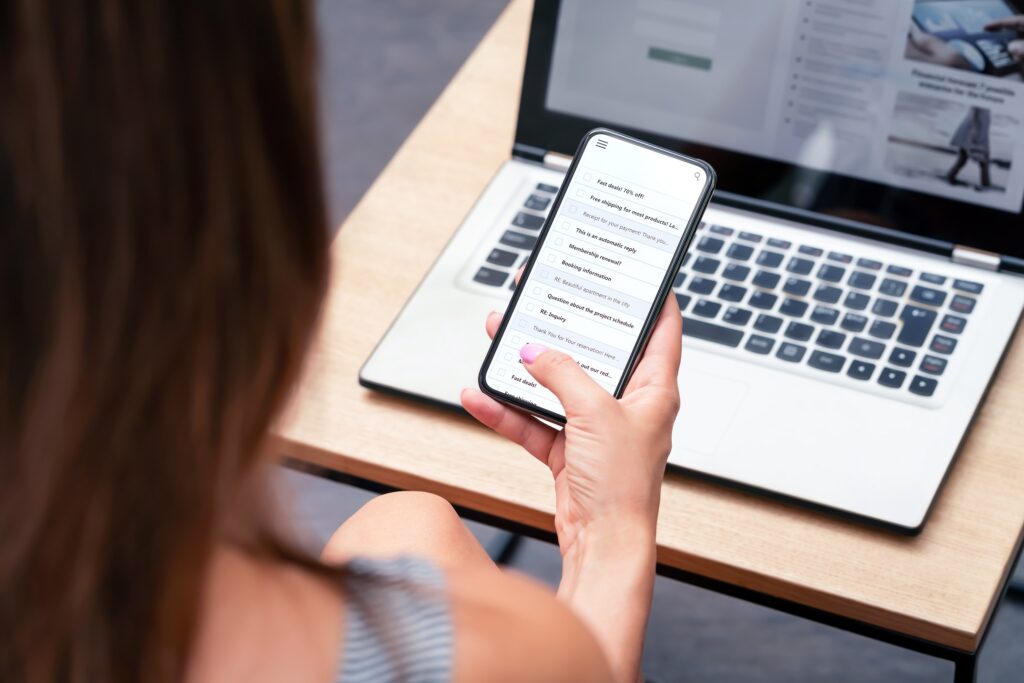Will COVID-19 Claim Privacy Among Its Victims?
Gidari was part of Thursday’s Future Tense web event “Will COVID-19 Claim Privacy Among its Victims?” Gidari was joined by Kathryn Waldron, a resident fellow in national Security and cybersecurity at the R Street Institute, and Jennifer Daskal, a professor at American University Washington College of Law and faculty director of the law school’s Tech, Law, & Security Program. The three discussed how to balance the needs of the masses with the rights of the individual in unprecedented times.
Waldron focused on the different systems and tools that could be used for virus surveillance. Google and Apple’s approach, for instance, is to use Bluetooth to create logs of every device your phone has been near. If you tested positive for coronavirus, this could trigger a notification to other devices, even people you passed on the street or sat next to on the metro.
While Bluetooth tools could be seen as less invasive than location tracking, Waldron warned that they still pose privacy risks. Plus, the Bluetooth approach creates the risk of false positives and unnecessary alarm, Gidari said. But at least this method it is decentralized. By contrast, Singapore, for example, is using a centralized approach in which the data is held by a government agency.
Daskal pushed the panelists to specify what we would need for a tracking system to help combat the pandemic. Waldron said that any effort to track the virus with technology depends on both a significant number of the population to “buy into” tracking apps, but these apps could work only with widespread testing, which has yet to arrive in the U.S. Gidari echoed that idea and also noted that opting into tracking would have to be voluntary.
That isn’t the case elsewhere. Daskal pointed out that Poland has launched a “quarantine selfie” app for residents to prove that they are at home, and the government of the southern Indian state Karnataka announced its own surveillance program by tweeting “a selfie an hour will keep the police away.”
Waldron emphasized that we need to be skeptical of coronavirus being used as an excuse to expand the existing surveillance regimes. While many Americans were surprised when a Chinese city rolled out facial-recognition thermometers on buses, the technology was already in place: China has had thermometers in airports for years, and the surveillance cameras were already omnipresent.
Image credit: ImageFlow







